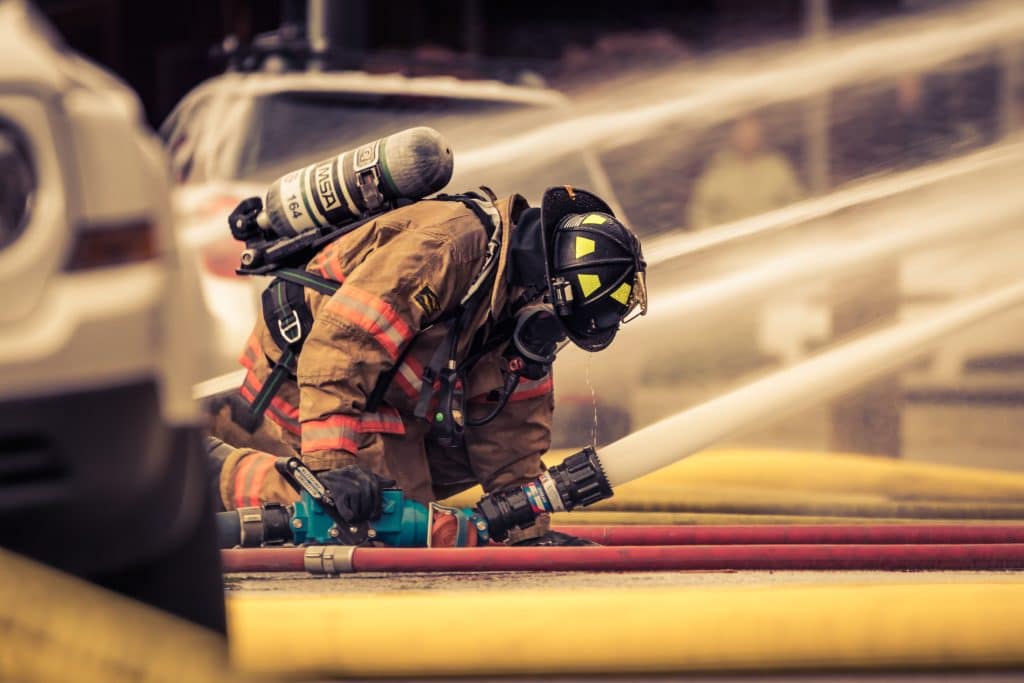At Martyn Young Fireproofing Consultancy, we understand the importance of having a team of well-trained professionals. With the safety of people and properties on the line, having the best people for the job is vital. In this article, we’ll explore the key elements of training and certification for fire risk assessors, shedding light on what you need to know to excel in this crucial field.
Understanding the Role of Fire Risk Assessors
Before delving into the training and certification requirements, let’s first understand the role of fire risk assessors. These professionals are instrumental in identifying potential fire hazards, evaluating risks, and implementing measures to mitigate them. Their expertise is crucial in creating a safe environment for both occupants and assets.
In 2006, the Regulatory Reform Order changed the way fire risk assessments were carried out. It required that a ‘suitable and sufficient person’ carry out assessments for all non-domestic properties. This increased the need for Fire Risk Assessors, cementing them into the fire safety process.
Training Requirements
There isn’t a specific path to becoming a fire risk assessor. However, there are important things to consider.
Relevant Qualifications for Fire Risk Assessors
To achieve the high standards of knowledge and understanding required for this role, qualifications and training are a must-have for any prospective fire risk assessor. These can come from a variety of third-party providers, including:
The Fire Protection Association
BAFE
The Institute of Fire Safety Managers
Once you are accredited, it can be beneficial to join an organisation, like the Nationally Accredited Fire Risk Assessor Register, to prove your knowledge and experience.
Understanding Regulations
The fire safety management sector is governed by lots of regulations – and not complying with them has severe legal and safety implications. As an assessor, you are trusted by building owners and their occupants to keep up to date with changes as well as having a deep understanding of the core requirements.
Key Skills for Fire Risk Assessors
Transferable skills are also important when becoming a fire risk assessor. These can include great communication skills – both verbal and written – and attention to detail. Other transferable skills include:
Problem-solving skills
Excellent organisational skills
Initiative
Continuous Development
Fire safety is a dynamic field, with evolving technologies and updated regulations. Maintain your certification through continuous professional development, attending workshops, and seminars to stay abreast of industry advancements.
Becoming a proficient fire risk assessor requires a combination of rigorous training and obtaining the right certifications. By investing in your education and staying updated with industry advancements, you’ll not only enhance your professional standing but also contribute significantly to creating safer environments.
The post Training and Certification for Fire Risk Assessors: What You Need to Know appeared first on Total Fire Group.


